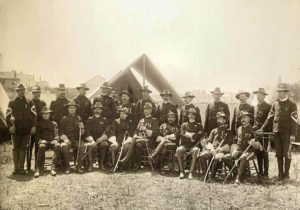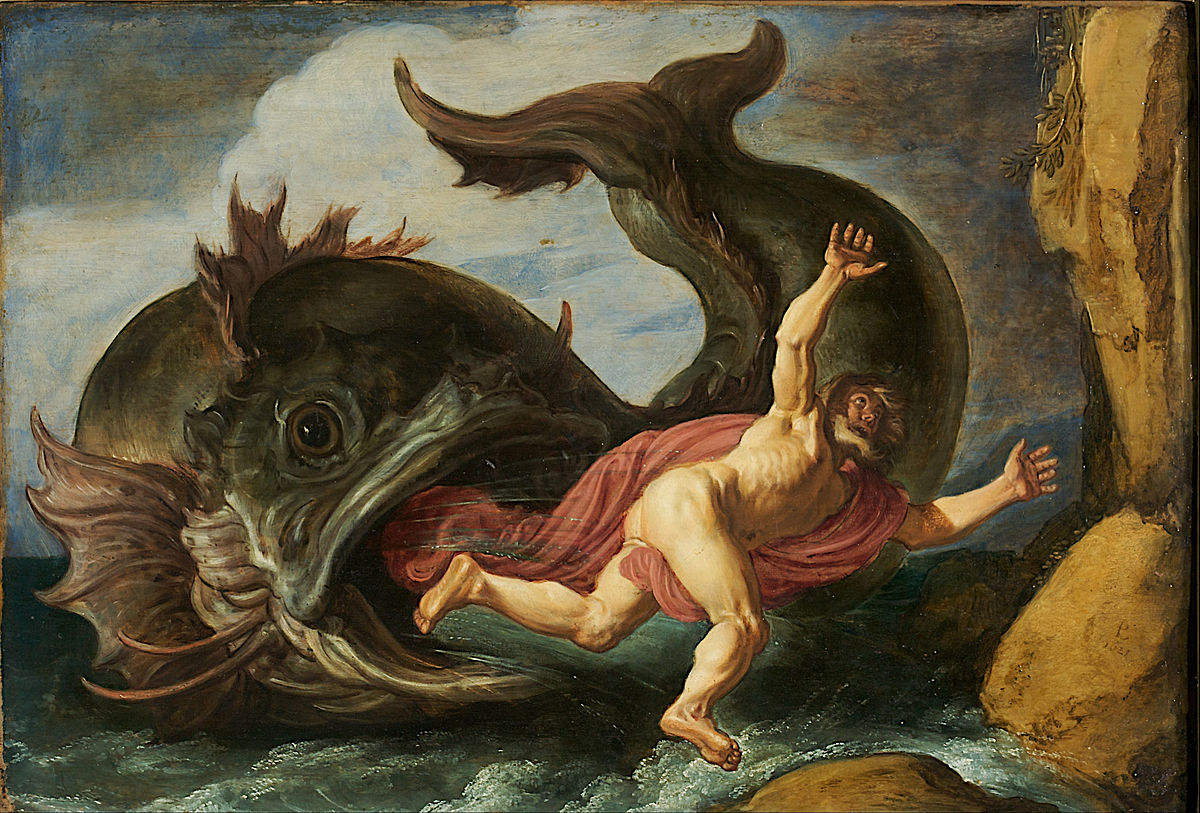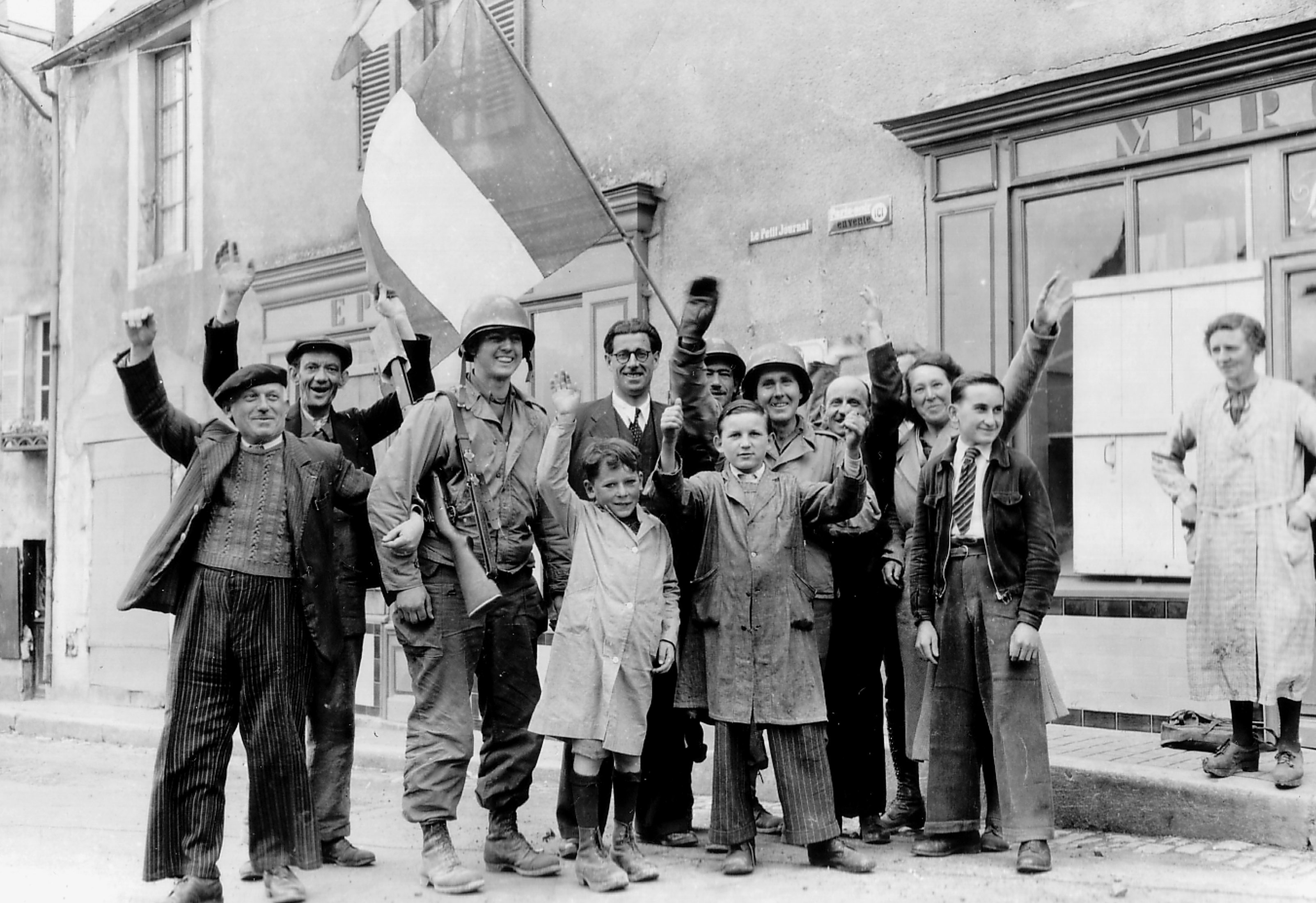The Battle Call of American Protestantism
WASPs tended to identify themselves as uniquely positioned guardians of the nation’s heritage. As their cultural influence had begun waning by World War I, their spokesmen resorted with greater ferocity to a crusading mindset to bolster their influence.
Jeffrey CimminoJuly 20, 2022
Niebuhr’s European Impressions: From Truman Doctrine to State Churches
After traveling through Europe in 1947—including to Scotland, Amsterdam, and Switzerland—Reinhold Niebuhr wrote some reflections, including on state churches, the Truman Doctrine, Christian political parties, and more.
Christianity & Crisis Magazine & Reinhold NiebuhrJune 2, 2022
Reports from Occupied Germany, 1946
In a series of articles in the fall of 1946, Christianity and Crisis contributors offered reports based upon their travels, including from Reinhold Niebuhr and John Baillie in Germany.
Christianity & Crisis Magazine & Reinhold Niebuhr & Mark MeltonSeptember 3, 2021
Martin Niemöller on the Question of Guilt
“Niemöller about the Question of Guilt,” by Martin NiemöllerJuly 8, 1946 You are concerned with the question of guilt and…
Christianity & Crisis MagazineAugust 12, 2021
Global Backstop for Democracy
America is audacious and globally indispensable chiefly because of its soaring ideals. And those ideals speak to the world in the measured but constant affirmation of benevolence and good will to all who reciprocate. May it always be good news when a mighty American ship anchors in a distant harbor in times of trouble.
Mark TooleyApril 14, 2021
Missionaries as Spies in World War II: A Review of Matthew A. Sutton’s Double Crossed
Matthew A. Sutton’s Double Crossed is an important book that offers a case study of how religious leaders contributed to national security in a challenging wartime environment.
Mark AmstutzJune 1, 2020
The Manger, The Cross and The Resurrection: A Christian Interpretation of Our Time
Ironically, it is possible to boast of one’s humility. In this article, originally published in Christianity and Crisis on April 19, 1943, Paul Ramsey aims to explain why. While Ramsey advocates constant repentance as a logical consequence of a Christian self-evaluation and imperfect humanity, he portrays such repentance as moral hygiene rather than attitude. He avoids the divestment camp, which prioritizes a clear conscience over achieving moral good at the cost of personal iniquity. In its most essential form, this is repentance for our assumption of righteousness.
Christianity & Crisis MagazineApril 12, 2018
A Basis of Christian Cooperation: Recovering Natural Law
This article about the history and future of Christian moral truth was originally published in Christianity and Crisis on December 28th, 1942. Contributor Barbara Ward details the history of Christian moral law, originally developed in the philosophical depths of the natural law tradition, all the way to its fracturing, resulting in the contemporaneous “will to power” found in Nazism. She councils Christians globally to recover this tradition and bring it to bear on the world in her day.
Christianity & Crisis MagazineDecember 29, 2017
10 Things to Know About Angela Merkel
On September 24, Angela Merkel won a fourth term as chancellor of Germany. Here is what you should know about the most powerful woman in the world.
Joe CarterOctober 3, 2017









